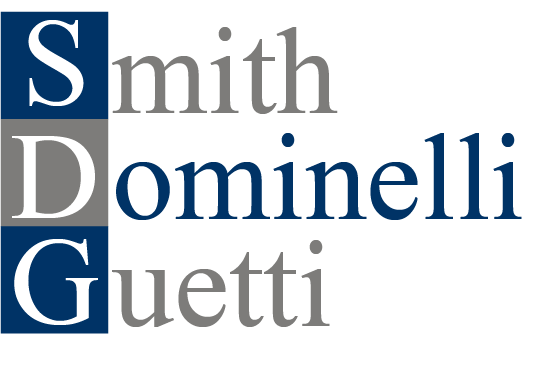Second Departments hold Legal Documents, Insurer’s File, and Legal Bills Protected by Attorney-Client Privilege or Conditional Immunity
In a decision dated September 26, 2018, the First Department decided an appeal in the case of Teran v. Ast., 164 A.D.3d 1496, 1497 (2d Dept 2018). The case was initially brought for a claim of medical malpractice and lack of informed consent against the Louis Lasky Memorial Medical and Dental Center (hereinafter “Hospital”), as well as internist Frederick Ast. In particular, the plaintiff claimed that Ast failed to timely and properly treat the his heart condition, thereby causing him to undergo what would have been an avoidable surgery. The plaintiff settled with both defendants, leaving only a cross claim for contractual indemnification asserted by Ast against the Hospital.
The Hospital claimed it was entitled to recover $25,000 (its share of the settlement paid to the plaintiff) from Ast pursuant to the terms of their contract. In his defense, Ast conceded that he owed contractual indemnification to the Hospital, but that a part of the $25,000 payment was to settle “allegations of negligence that were separate and distinct from his own alleged malpractice.” In an effort to prove this claim, Ast moved to compel the Hospital to disclose (1) files maintained by its attorneys, (2) unredacted copies of its legal bills, and (3) files maintained by its insurance carrier. In response, the Hospital cross-moved for a protective order. Following an in-camera inspection, the Supreme Court granted Ast’s motion seeking to compel disclosure of the above-listed files and denied the Hospital’s cross-motion for a protective order. The Hospital thereafter appealed.
While CPLR § 3101(a) provides that “there shall be full disclosure of all matter material and necessary in the prosecution or defense of an action”, subsections (b) and (c) make “privileged matter” and “attorney’s work product” immune from discovery. CPLR § 3101(d)(2) further provides that (1) material prepared in anticipation of trial is subject to a conditional privilege and must be disclosed only after a showing by a party that they are in substantial need of the material and are unable to obtain the substantial equivalent of the material without undue hardship and (2) that, even if the requisite showing is made, “the court shall protect against disclosure of . . . mental impressions, conclusions, opinions or legal theories of any attorney or other representative of a party concerning the litigation.”
On appeal, the Second Department performed its own in-camera inspection of the subject materials and determined that the Supreme Court “improvidently exercised its discretion in granting Ast’s motion to compel” production of the documentation at issue based upon attorney-client privilege, attorney product privilege, and as material prepared in anticipation of litigation. In particular, the only files maintained by the Hospital’s attorney withheld from disclosure were deemed “absolutely protected by CPLR 3101(b) and (c), as they were ‘primarily and predominantly legal in nature and, in their full content and context, were made to render legal advice or services to the [Hospital].” The Court also deemed disclosure of the unredacted legal bills improper, as such disclosure would “reveal factual investigation and legal work done by counsel, which is privileged material.” With respect to the insurance carrier’s file, the Court determined that it was “protected by a conditional immunity, as it contained material prepared for litigation”, but that the lower court erred in finding that Ast had made a sufficient showing under the “substantial need”/“undue hardship” standard from CPLR § 3101(d)(2).
